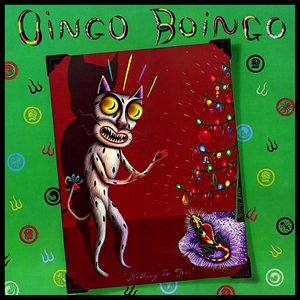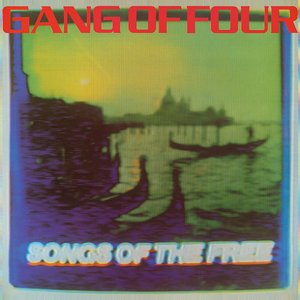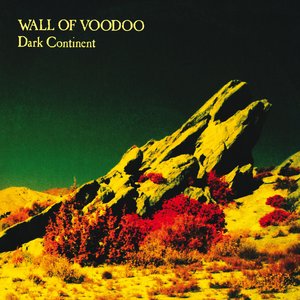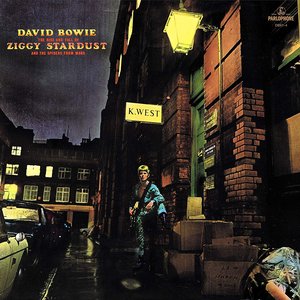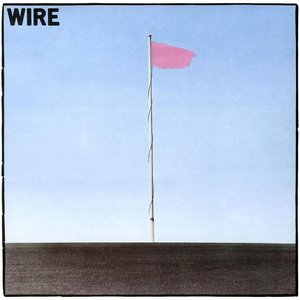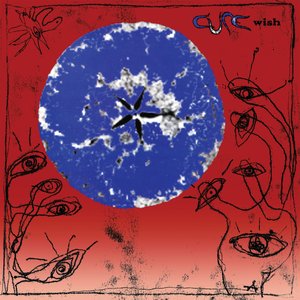Wiki
-
Release Date
22 December 1982
-
Length
9 tracks
"Speaking in Tongues" is the fifth studio album by American rock band Talking Heads, released on June 1, 1983, by Sire Records. After their split with producer Brian Eno and a short hiatus, which allowed the individual members to pursue side projects, recording began in 1982. It became the band's commercial breakthrough and produced the band's sole US top-ten hit, "Burning Down the House".
The album's tour was documented in Jonathan Demme's 1984 film Stop Making Sense, which generated a live album of the same name. The album also crossed over to the dance charts, where it peaked at number two for six weeks. It is the group's highest-charting album on the US Billboard 200, peaking at number 15. It was also their biggest-selling album in Canada, where it was certified platinum in 1983.
David Byrne designed the cover for the general release of the album. Artist Robert Rauschenberg won a Grammy Award for his work on the limited-edition LP version. This album featured a clear vinyl disc in clear plastic packaging along with three clear plastic discs printed with similar collages in three different colors.
Original cassette and later CD copies of the album have "extended versions" of "Making Flippy Floppy", "Girlfriend Is Better", "Slippery People", "I Get Wild/Wild Gravity" and "Moon Rocks". The album was re-released in February 2006 as a remastered DualDisc. It contains the extended versions of the songs found on the original cassette, and includes two additional tracks ("Two Note Swivel" and an alternate mix of "Burning Down the House"). The DVD-A side includes both stereo and 5.1 surround high resolution (96 kHz/24bit) mixes, as well as a Dolby Digital 5.1 version of the album, a new alternate version of "Burning Down the House" with the emphasis on experimenting with the possibilities of surround sound, and videos for "Burning Down the House" and "This Must Be the Place" (videos are two-channel Dolby Digital only). In Europe it was released as a CD+DVDA two-disc set rather than a single DualDisc. The reissue was produced by Andy Zax with Talking Heads.
Byrne has said, as a partial explanation of the album's title, "I originally sang nonsense, and uh, made words to fit that. That worked out all right."
In 2021, Rhino Entertainment re-released the album on sky blue vinyl.
Rolling Stone's David Fricke lauded the album's crossover nature, calling it "the album that finally obliterates the thin line separating arty white pop music and deep black funk." He elaborated that the songs are all true art rock, with the complexity and sophistication of the genre, yet avoid art rock's characteristic pretensions with a laid-back attitude and compelling dance rhythms, making it an ideal party album.
In 1989, "Speaking in Tongues" was ranked number 54 on Rolling Stone's list of the 100 best albums of the 1980s. In 2012, Slant Magazine listed it as the 89th best album of the 1980s.
Reviewing the album for AllMusic, William Ruhlmann said: "Talking Heads found a way to open up the dense textures of the music they had developed with Brian Eno on their two previous studio albums for "Speaking in Tongues", and were rewarded with their most popular album yet. Ten backup singers and musicians accompanied the original quartet, but somehow the sound was more spacious, and the music admitted aspects of gospel, notably in the call-and-response of 'Slippery People,' and John Lee Hooker-style blues, on 'Swamp.' As usual, David Byrne determinedly sang and chanted impressionistic, nonlinear lyrics, sometimes by mix-and-matching clichés… Some of his charming goofiness had returned since the overly serious Remain in Light and Fear of Music, and the accompanying music, filled with odd percussive and synthesizer sounds, could be unusually light and bouncy." In his book on funk music, Rickey Vincent describes "Speaking in Tongues" as "deeply thumping funk disguised as modern rock."
Album descriptions on Last.fm are editable by everyone. Feel free to contribute!
All user-contributed text on this page is available under the Creative Commons Attribution-ShareAlike License; additional terms may apply.


